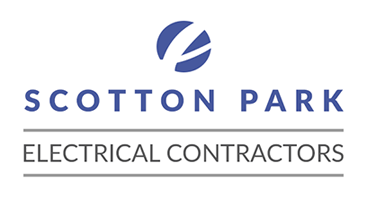The sudden onset of Covid-19 has left many of us in chaos. Plans have been cancelled. Finances are in turmoil. The future is uncertain. But if you look at it from another perspective, perhaps this is an opportunity to revisit some old assumptions and look anew at how you run your business. It may well be that the way businesses are run might be changed forever and, in some ways, perhaps for the better.
Perhaps the most obvious potential for change is that hands have been forced and working from home has suddenly become a reality. People have been talking about it for years, but take up has been relatively minor. Most businesses still prefer to have their employees physically present. A lot of this is purely psychological. There is a belief that without supervision people simply wont do their job properly. Its a sort of bedrock of mistrust.
Lots of my clients are now finding that their employees can actually work remotely. As long as phone calls and emails get answered, and the work gets done, it opens fundamental questions about how necessary it is for companies in some sectors to pay huge amounts for office space, desks and so on.
Similarly, video conferencing seems, finally, to have come of age. Long seen as an unsatisfactory last resort it has suddenly become an every day occurrence, and Im sure many of you might be thinking twice about the need to travel long distances for a meeting with all the time, cost and psychological overheads that carries.
And on a more day to day basis, maybe youve thought about the burden that the morning commute places on your employees. We blithely talk about a working week of 38-40 hours, without factoring in an hour or two extra every day for travel. Thats time taken from peoples personal lives. And really how productively does the day begin after an hour stuck, fuming in traffic?
In some cases, maybe this has revealed long-hidden truths about what a working week looks like. How many of those 38-40 hours are actually productive? Admittedly its hard to tell as all business is in a state of turmoil, but I suspect that all this will show that a lot of full time jobs could actually be done on a much more flexible part time basis.
And this brings me to one thing I have long droned on about: presenteeism. A lot of employers Ive dealt with over the years have obsessed over absence, and missed the fact that many people turn up at work feeling unwell or with their head just not in the game.
Often this is driven by fear of repercussions, or a sense that their job might be at risk. The result can be that you have people in the business who are simply not functioning well. This harms your business.
More fundamentally as I hinted before, a lot of office based work can consist of merely waiting particularly at management level. Once a decision has been made and tasks been handed out, its quite possible for there to be dead time.
Now, none of this may apply to you or your business, but with time on your hands maybe its a good idea to use it to look at the way you operate and consider whether this ongoing crisis might offer chances to change work for better in the long term.








